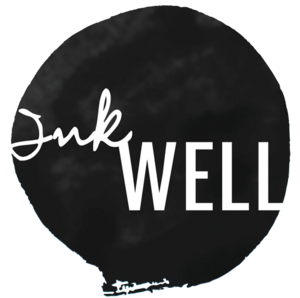We started today’s workshop with a short free write prompt: Write about a place, person, or object that is “home” to you. Try to capture as many of the five senses as possible in your description: sights, sounds, smells, tastes, touch/textures.
Next, we read part of a wonderful short essay by our own instructor and collective member, Leonarda Carranza, called Tongues.
Some questions you may wish to consider about the piece (feel free to post your response in the space below):
◦ Do you relate to the narrator’s journey in this piece? Why or why not?
◦ Why do you think Leonarda chose to write this piece using second person – “you”? Did you find that this was an effective choice?
◦ The feminist movement in the 60s and 70s brought us the slogan, “The personal is political.” How does Leonarda incorporate history and social justice issues into a very personal story? Was this effective for you?
Writing Exercise: Revision
Go back to your free write piece and see if there’s anything you can change or add to it, for example:
◦ Try writing the piece using either direct address (speaking directly to the object/place/person, calling them “you”) or second person (referring to yourself as “you”)
◦ Try making the personal political. What social or historical context can you add to your piece?
If you prefer, you can write a new piece that incorporates one of these elements instead.
Writing Exercise: Languages
◦ What is your native language? Is it different from your parents’ or grandparents’ native language? Remember that your/their native language might be a dialect, like joual (working-class Quebecois French) or Standard Black English (or, in my case, South African English). Write a scene in which you try to convey some of the complications that you feel about writing and communicating in English or in your native tongue: the difficulties, joys, connections, and ruptures.
OR
◦ Have you ever tried to learn another language? Ever used that language to talk with a native speaker? Write about the experience(s) in a way that captures the joy, pain, embarrassment, humour, etc. of learning languages.

